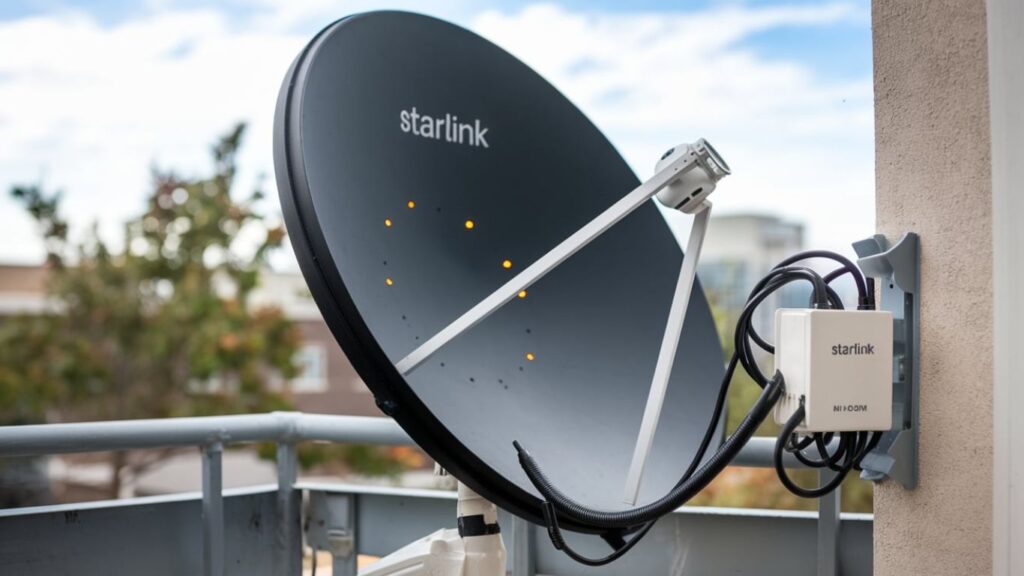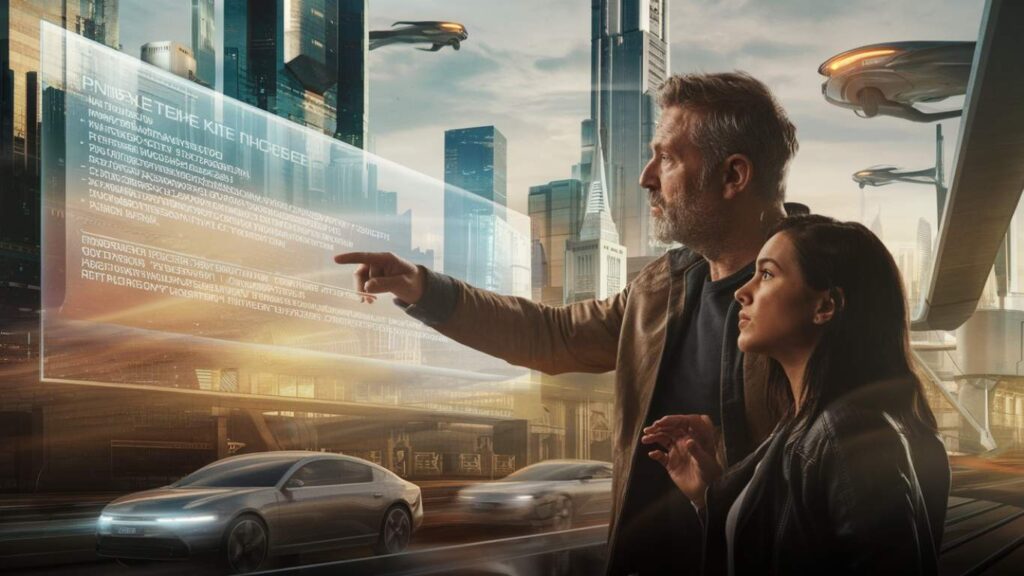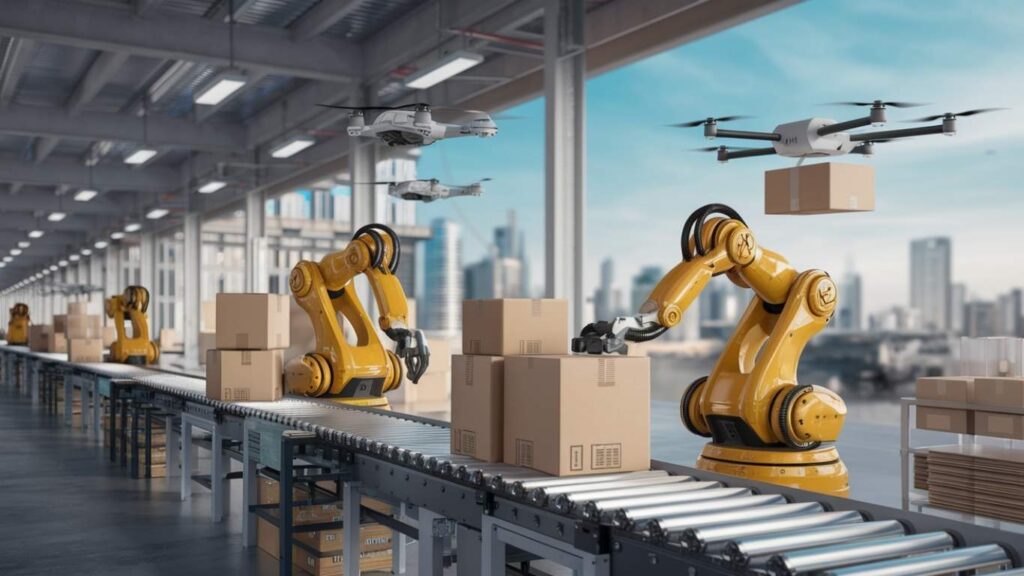What Is the Future of AI in Logistics?
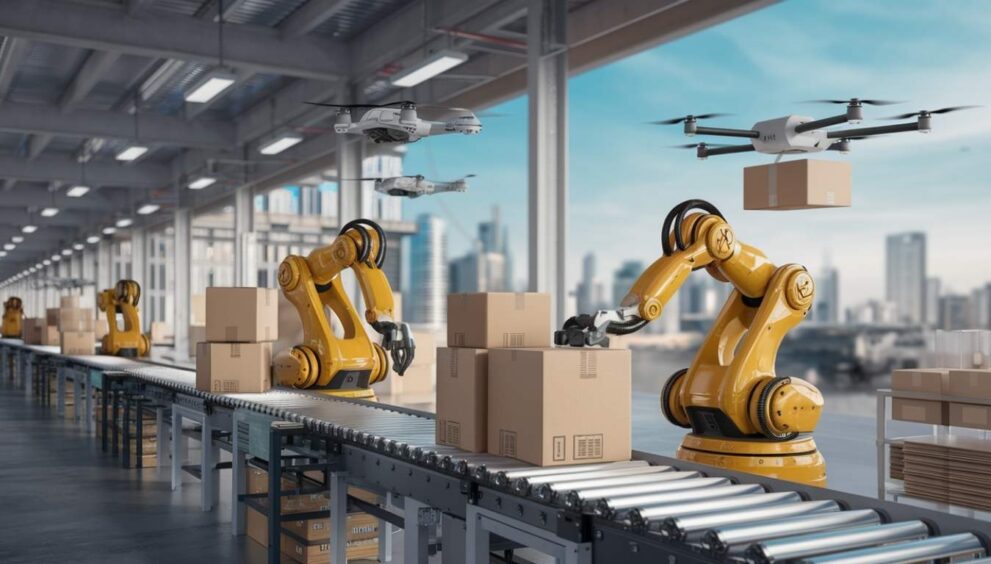
Artificial intelligence (AI) is transforming industries across the globe, including the logistics sector. From supply chain optimization to drone deliveries, AI is reshaping how goods are transported and delivered. What lies ahead for AI in the field of logistics? Let’s dive into this fascinating topic.
Introduction
The logistics industry is like the circulatory system of the global economy, moving goods and services across the world. But as supply chains grow more complex, traditional methods struggle to keep up. Enter AI—a powerful ally that brings speed, precision, and innovation to logistics. What does the future hold? Let’s explore.
How AI Is Transforming Logistics Today
AI is already making waves in logistics by automating mundane tasks, improving accuracy, and reducing costs. Companies like Amazon and FedEx are using AI to optimize routes, predict demand, and manage warehouses. These technologies are setting the stage for what’s to come.
Key Examples:
- Route Optimization: AI calculates the most efficient delivery routes, reducing fuel consumption and saving time.
- Smart Warehouses: Robots powered by AI sort, pick, and pack items with incredible accuracy.
- Dynamic Pricing: AI adjusts shipping rates in real time based on demand, offering competitive pricing.
AI in Supply Chain Management
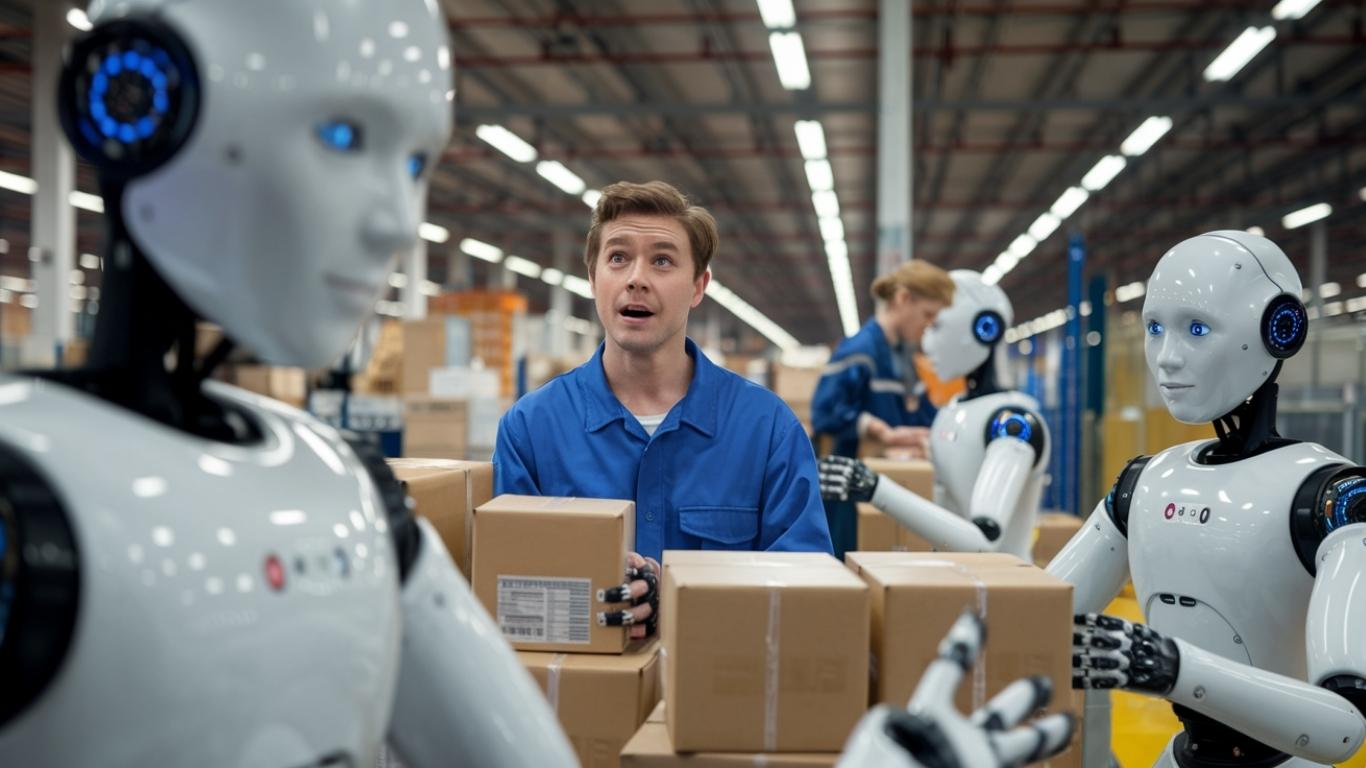
Supply chain management is a logistical jigsaw puzzle. AI simplifies this puzzle by providing end-to-end visibility and automation.
- Demand Forecasting: AI predicts market trends, helping companies stock the right products.
- Inventory Management: With AI, warehouses can reduce overstocking and understocking.
- Supplier Collaboration: AI enables seamless communication and coordination between suppliers.
Predictive Analytics: Staying Ahead
Imagine if companies could foresee disruptions in their supply chain before they happened. AI-driven predictive analytics makes this a reality.
- Early Warnings: AI detects potential delays or risks, allowing businesses to act swiftly.
- Customer Insights: AI analyzes purchasing behaviors to predict future demand.
- Market Trends: AI identifies emerging market trends, giving businesses a competitive edge.
Autonomous Vehicles and Drones
Autonomous vehicles and drones are no longer just science fiction—they’re becoming a reality in logistics.
- Self-Driving Trucks: These trucks can operate 24/7, reducing delivery times and labor costs.
- Drone Deliveries: Drones are ideal for last-mile deliveries, especially in remote areas.
- Safety and Efficiency: AI ensures these technologies operate safely and efficiently.
Robotics in Warehousing
Robots are taking over repetitive and labor-intensive tasks in warehouses, driven by AI’s precision.
- Picking and Packing: AI-powered robots quickly locate and package items.
- Inventory Checks: Robots scan inventory to ensure accurate stock levels.
- 24/7 Operations: Robots don’t need breaks, ensuring continuous productivity.
Personalized Customer Experience
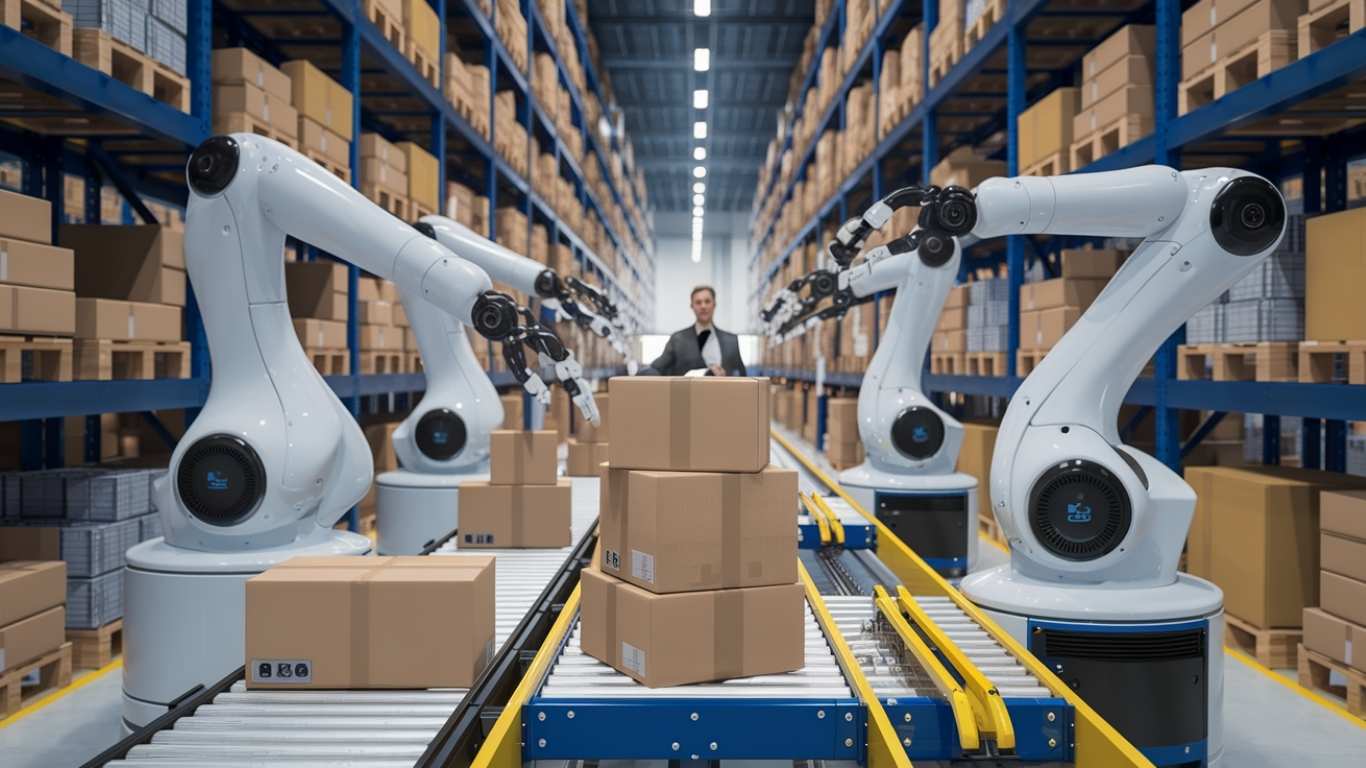
AI goes beyond efficiency; it actively elevates customer satisfaction.
- Real-Time Tracking: Customers can keep an eye on their packages as they move.
- Chatbots: AI-powered chatbots handle customer inquiries instantly.
- Tailored Suggestions: AI recommends products aligned with individual browsing habits.
Sustainability and AI in Logistics
Sustainability is a growing concern in logistics, and AI offers innovative solutions.
- Route Optimization: Reduces carbon emissions by finding the shortest routes.
- Energy Efficiency: AI monitors and reduces energy consumption in warehouses.
- Green Packaging: AI identifies eco-friendly packaging alternatives.
Challenges of Implementing AI
Despite its promise, AI in logistics faces its own set of challenges.
- High Costs: Implementing AI requires significant investment.
- Data Privacy: Companies must ensure customer data is secure.
- Workforce Displacement: Automation may lead to job losses in certain roles.
The Role of Data in AI Logistics
Data is the lifeblood of AI. Without accurate data, AI systems can’t function effectively.
- Data Collection: Sensors, IoT devices, and software collect vast amounts of data.
- Data Analysis: AI processes this data to make informed decisions.
- Data Security: Companies must protect data to maintain trust.
Future Trends in AI and Logistics
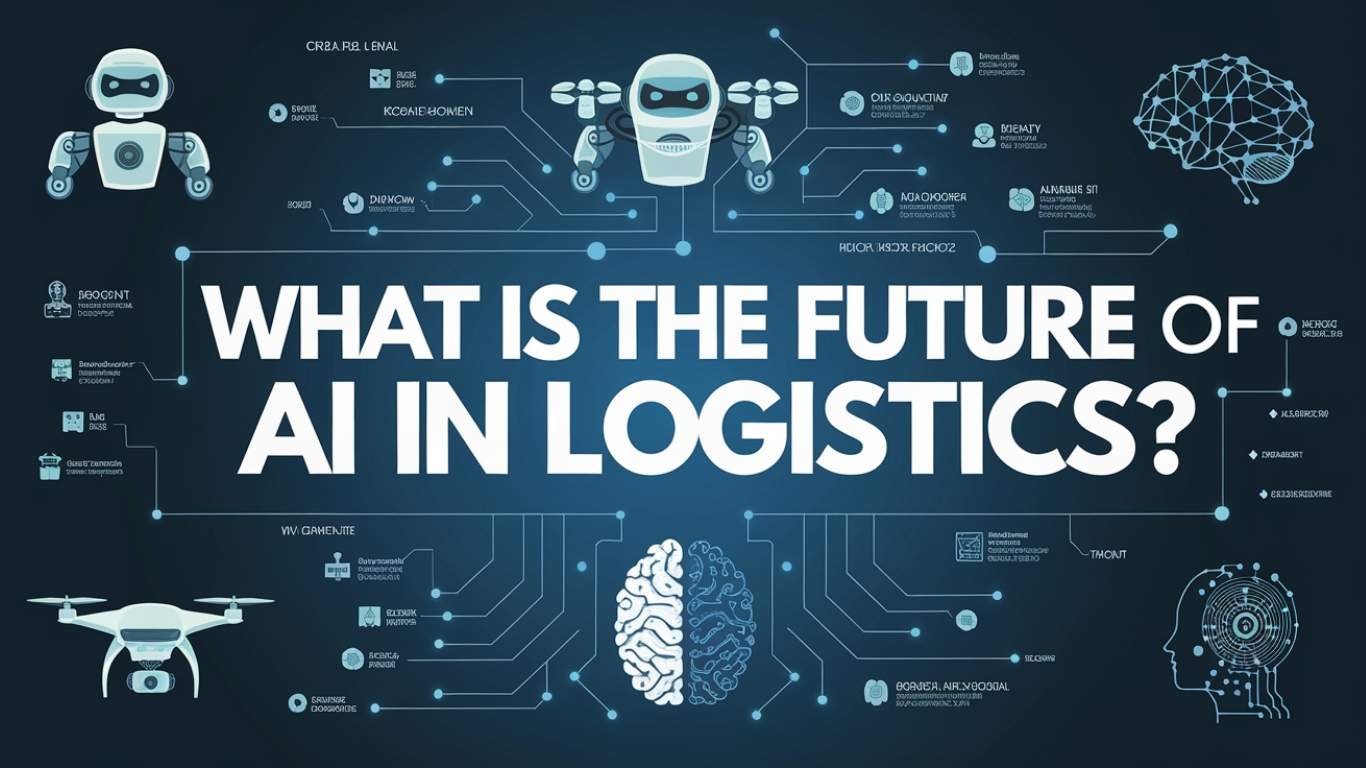
What’s next for AI in logistics? Here are some trends to watch.
- Blockchain Integration: Ensures secure and transparent transactions.
- Hyperautomation: Combines AI with other technologies to automate end-to-end processes.
- AI-Powered Ecosystems: Platforms where AI systems collaborate seamlessly.
AI-Powered Risk Management
Risk is inevitable in logistics, but AI helps minimize it.
- Risk Detection: AI anticipates potential disruptions in the supply chain.
- Real-Time Updates: Provides real-time information during crises.
- Compliance: Ensures adherence to regulations and standards.
The Global Impact of AI in Logistics
AI isn’t just transforming individual companies—it’s reshaping global trade.
- Faster Shipping: Reduces international shipping times.
- Lower Costs: Makes global trade more affordable.
- Improved Access: Opens up new markets by overcoming logistical challenges.
Is AI the Solution to Last-Mile Delivery?
Last-mile delivery is one of logistics’ biggest challenges. Can AI solve it?
- Smart Lockers: AI directs packages to centralized lockers for easy pickup.
- Crowdsourced Delivery: Platforms like Uber use AI to match couriers with deliveries.
- Delivery Robots: Small, AI-powered robots deliver packages in urban areas.
Conclusion and Final Thoughts
The future of AI in logistics is bright. From automation to sustainability, AI offers endless possibilities. Although challenges arise, their advantages greatly surpass them. As AI continues to evolve, it will not only transform logistics but also redefine global commerce.
FAQs
1. What is the role of AI in logistics today?
AI automates tasks, optimizes routes, and enhances customer experience in logistics.
2. How does AI improve supply chain management?
AI offers predictive analytics, inventory optimization, and seamless supplier collaboration.
3. What are the benefits of AI in last-mile delivery?
AI enables faster, more efficient deliveries through technologies like drones and robots.
4. What challenges does AI face in logistics?
High costs, data privacy concerns, and workforce displacement are key challenges.
5. Is AI sustainable in logistics?
Yes, AI promotes sustainability through energy efficiency, route optimization, and green packaging solutions.

 English
English 







